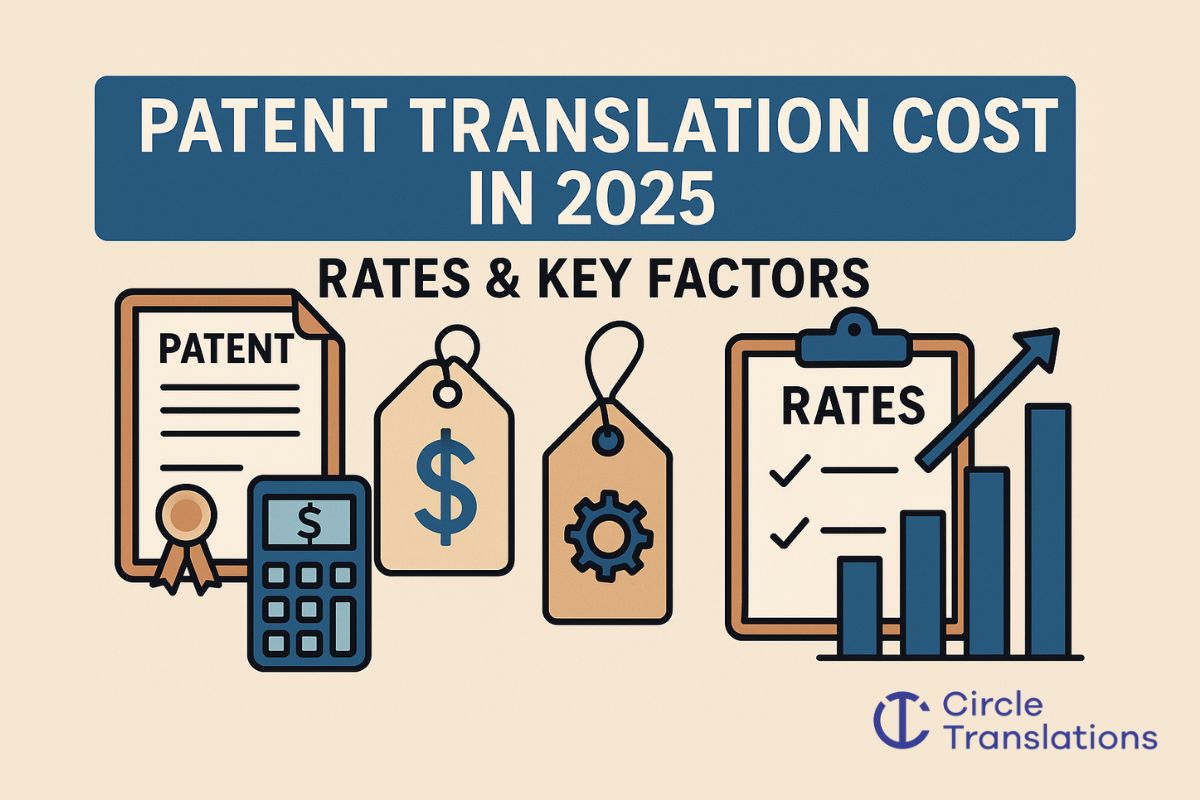What are the three types of subtitles? Subtitles play a crucial role in audiovisual translation, aiding viewers in understanding content in foreign languages or enhancing accessibility for the hearing impaired. Each format has its unique characteristics, pros, and cons, making them suitable for different contexts. As technology advances, new formats continue to surface, offering enhanced features and addressing evolving needs in the multifaceted landscape of entertainment.
SRT
SRT, or SubRip Subtitles, is one of the most common subtitle formats. It is widely supported across different platforms and media players, making it versatile for both movies and anime. The simplicity of SRT types of subtitle files allows for easy creation and editing, making them popular among content creators.
However, they lack interactive elements and advanced formatting options. It’s universally supported and easy to create and edit. One of its cons are limited formatting options and lack of interactivity. What is an example of a subtitle? SRT subtitles types find extensive ultimate guides in a wide range of media, including movies, TV shows, and online videos.
DFXP Caption File
DFXP, or Distribution Format Exchange Profile, is an XML-based caption format. It offers more advanced formatting options compared to SRT, making it suitable for complex subtitle variations.
What are the three types of subtitles? The effective DFXP types of subtitle files support styling features, allowing content creators to enhance the visual presentation of Spanish subtitles.
What is an example of a subtitle? Its numerous pros are being an advanced formatting option and supporting styling features. At the same time, its cons are less widely supported than SRT and require familiarity with XML for editing. DFXP caption types of subtitle files are often employed in professional settings, such as broadcast television and streaming services.
WebVTT
What are the three types of subtitles? WebVTT is a subtitle format designed for web-based content. It supports basic styling and timing cues, making it ideal for online videos and streaming platforms. WebVTT also allows for region-based styling, enhancing the overall viewing experience. It provides a web-friendly format and supports basic styling and timing cues.
Additionally, limited advanced styling options and less suitable for offline media are some of its cons. What is an example of a subtitle? WebVTT subtitles types are commonly utilized in online streaming services, webinars, and other web-based video content.
Broadcast Subtitles
Broadcast subtitles are designed explicitly for television broadcasts. They are synchronized with the audiovisual content, ensuring accurate timing. While effective for real-time broadcasts, they may lack some of the advanced features found in other subtitle formats.
What is an example of a subtitle? It comes along with the perks of synchronizing with live broadcasts and ensuring accuracy in timing. Due to limited advanced features, you may require specialized equipment for further proceeding. Broadcast subtitles types are essential for live television broadcasts, including news programs, sports events, and live shows.
Closed Captions
Closed captions the same and designed to provide a comprehensive textual representation of spoken dialogue, sound effects, and other audio cues. They are crucial for accessibility, benefiting viewers with hearing impairments. Some of its pros are an inclusive, accessible, and comprehensive representation of audio.
White may obstruct on-screen content and require accurate synchronization. Closed captions the same and essential for various media, including movies, TV shows, and online videos, ensuring inclusivity for all viewers.
SSA Subtitles
SSA, or Substation Alpha, is a type of subtitle format that supports advanced styling options, making it popular among anime enthusiasts. SSA files can include various fonts, colors, and effects, allowing for creative and visually appealing subtitles.
What is an example of a subtitle? Benefits from its advanced styling options, which support multiple fonts and colors. Due to limited compatibility with some media players, it requires familiarity with SSA script syntax. SSA subtitle types are commonly used in anime memes, providing fans with visually engaging subtitle variations.
Scenarist Closed Caption
Are subtitles and closed is a format commonly used in the professional video production industry? It offers advanced features such as multiple languages and customizable styles, making it suitable for diverse and international audiences. The benefits lie in advanced features for professional use to support various languages.
Scenarist Closed Caption may require specialized software for editing and is less commonly supported by consumer media players. Scenarist Closed Caption is prevalent in professional video production settings, including film and television studios.
SubViewer
SubViewer is a subtitle format known for its simplicity and ease of use. It supports basic formatting options, making it suitable for a wide range of content.
However, it may lack some of the advanced features found in other formats. It’s simple and easy to use and provides basic formatting options. Due to being less versatility than some other formats and limited advanced features, it is less likely to be adopted. SubViewer subtitles types are commonly used in amateur video productions, online videos, and small-scale projects.
LRC
LRC, or lyrics, is a subtitle format primarily used for karaoke purposes. It provides synchronized lyrics along with the audio, enhancing the singing experience for enthusiasts. It offers synchronized lyrics for karaoke and is easy to create. Its limited applicability outside karaoke may not support advanced styling options. LRC subtitles types are popular in karaoke applications, providing synchronized lyrics for singing along with audio tracks.
SubRip
It is a popular subtitle file format, revolutionizing the cinematic experience. Pros include its simplicity, making it widely compatible across platforms. Its timestamp accuracy enhances viewer immersion, syncing text seamlessly with on-screen action.
However, SubRip has limitations, needing more support for advanced formatting and multilingual subtitles. Despite this, its ubiquity makes it a go-to choice for video enthusiasts, used across streaming services, DVDs, and diverse multimedia. SubRip’s enduring charm lies in its user-friendly design, making subtitle types accessible to a global audience and fostering cross-cultural communication through the universal language of film.
Substation Alpha
Substation Alpha, commonly known as SSA, is a subtitle format that gained popularity in the anime community. It supports advanced styling options, making it ideal for creating visually appealing subtitles. Its refined styling options help with various fonts and colors. Due to limited compatibility with some media players, it requires familiarity with SSA script syntax.
Substation Alpha subtitle types are widely used in the anime community, offering creative and visually engaging subtitle variations.
Conclusion
In the vast landscape of audiovisual translation, various subtitle formats are subtitle examples of SRT, the advanced features of DFXP, or the creative styling options of SSA, and each format contributes to enhancing the viewer’s experience.
Understanding the strengths and limitations of these subtitle formats allows content creators and enthusiasts to choose the most suitable option for their specific requirements. As technology evolves, so too will the landscape of subtitle formats, ensuring an inclusive and immersive experience for audiences worldwide.
Subtitles

Professional and Accurate Subtitle Services for your Videos.
- Video subtitles specifically tailor-made for improving accessibility.
- Using highly experienced subtitlers with years of industry experience.
- Professionally written and expertly timed.
Translation

We help the world’s top companies translate their content in over 73 languages!
- We localize content for internet websites, games, travel, cryptocurrencies, and more
- Expand your global audience by adding different languages.
- We work only with qualified translators and experienced content creators
Audio translation

Ensuring full accessibility for Blind and visual impaired audiences.
- Visual descriptive events as they occur in the video.
- Working with top audio describers to perfectly describe what is happening on-screen
- Professional sound recording.














